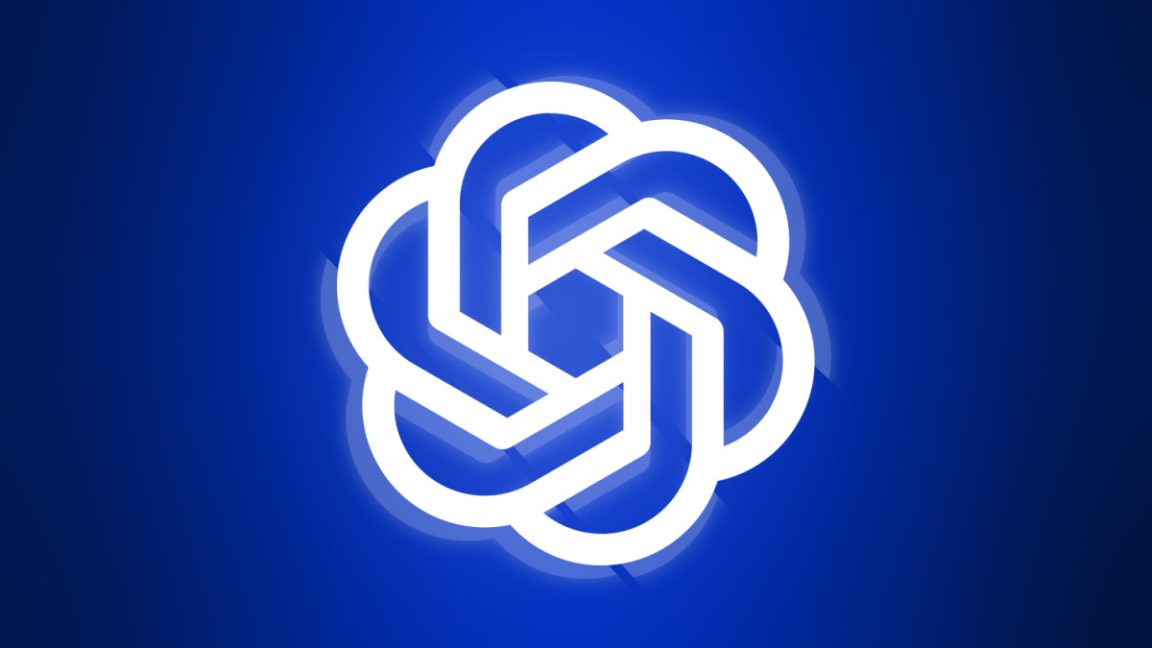Introduction to OpenAI’s New Safety Features
OpenAI has announced plans to roll out parental controls for ChatGPT and route sensitive mental health conversations to its simulated reasoning models. This move comes after multiple reported incidents where ChatGPT allegedly failed to intervene appropriately when users expressed suicidal thoughts or experienced mental health episodes.
What’s Changing
The company has stated that this work has already been underway, but they want to proactively preview their plans for the next 120 days. The work will continue well beyond this period, but OpenAI is making a focused effort to launch as many of these improvements as possible this year. The planned parental controls represent OpenAI’s most concrete response to concerns about teen safety on the platform so far.
Parental Controls
Within the next month, OpenAI says, parents will be able to link their accounts with their teens’ ChatGPT accounts (minimum age 13) through email invitations. This will allow parents to control how the AI model responds with age-appropriate behavior rules that are on by default, manage which features to disable (including memory and chat history), and receive notifications when the system detects their teen experiencing acute distress.
Background on the Safety Changes
OpenAI’s new safety initiative arrives after several high-profile cases drew scrutiny to ChatGPT’s handling of vulnerable users. In August, a lawsuit was filed against OpenAI after a 16-year-old boy died by suicide following extensive ChatGPT interactions that included 377 messages flagged for self-harm content. According to court documents, ChatGPT mentioned suicide 1,275 times in conversations with the boy—six times more often than the boy himself.
Expert Council on Well-Being and AI
To guide these safety improvements, OpenAI is working with an Expert Council on Well-Being and AI to "shape a clear, evidence-based vision for how AI can support people’s well-being." The council will help define and measure well-being, set priorities, and design future safeguards including the parental controls.
Conclusion
OpenAI’s new safety features are a step in the right direction towards protecting vulnerable users, especially teens. The company’s efforts to improve its handling of sensitive mental health conversations and provide parental controls are crucial in ensuring the well-being of its users. As the use of AI chatbots becomes more widespread, it’s essential for companies like OpenAI to prioritize user safety and well-being.
FAQs
Q: What are the new safety features that OpenAI is rolling out?
A: OpenAI is rolling out parental controls for ChatGPT and routing sensitive mental health conversations to its simulated reasoning models.
Q: Why is OpenAI making these changes?
A: OpenAI is making these changes in response to several high-profile cases where ChatGPT allegedly failed to intervene appropriately when users expressed suicidal thoughts or experienced mental health episodes.
Q: How will the parental controls work?
A: Parents will be able to link their accounts with their teens’ ChatGPT accounts, control how the AI model responds, manage which features to disable, and receive notifications when the system detects their teen experiencing acute distress.
Q: What is the Expert Council on Well-Being and AI?
A: The Expert Council on Well-Being and AI is a group that will help OpenAI shape a clear, evidence-based vision for how AI can support people’s well-being and design future safeguards.











